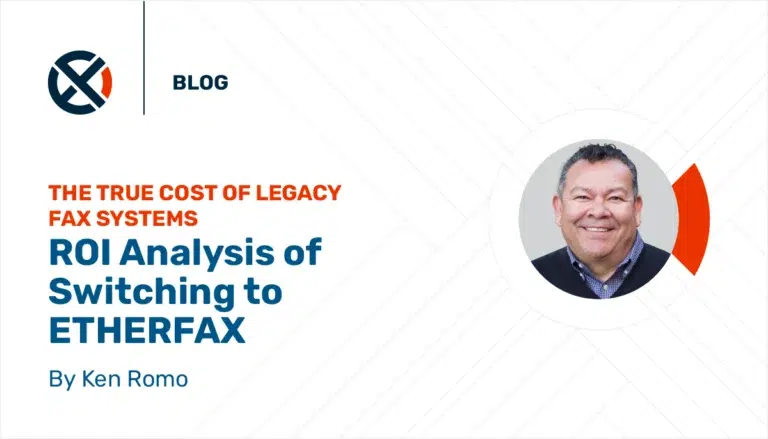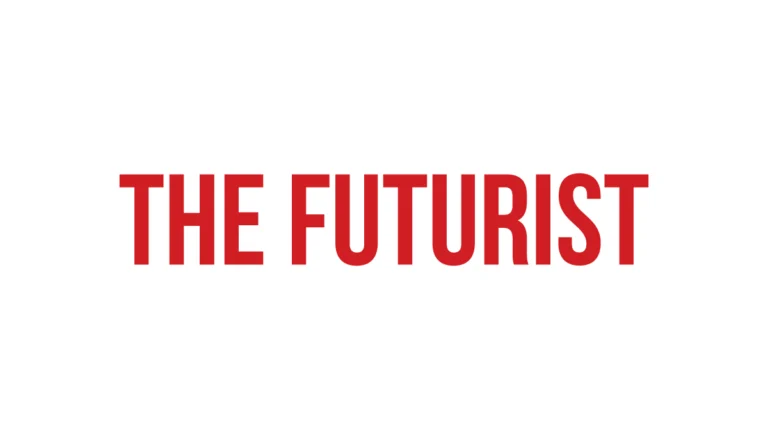As the healthcare industry at large works towards a more streamlined patient experience, application programming interfaces (APIs) are important tools for enhancing interoperability with electronic medical/health record solutions. To facilitate the secure information exchange between patients and healthcare providers, APIs can enable clinical teams to improve care coordination, streamline workflows, and enhance health outcomes. Yet, as APIs become more prevalent, their security vulnerabilities mount.
Like other Internet-based services, if exploited by malicious actors, APIs can present risks to patient data and organizational reputation. For example, Distributed Denial-of-Service (DDoS) attacks, where malicious actors overload APIs with a flood of requests, lead to significant system downtime and potential data breaches. Additionally, data injection attacks, which allow unauthorized access to sensitive data, can compromise patient privacy and integrity. To understand the magnitude of the problem, federal records show that healthcare breaches have exposed as many as 385 million patient records from 2010 to 2022 and show no signs of slowing down.
Security by Design, Development, and Deployment
To mitigate risks, healthcare organizations must begin to prioritize API security. Security must be considered and integrated into the very fabric of their systems, from design to development to deployment (the three “D”s of software security). Following these three principles, APIs must be architected, designed, and regularly tested/audited with security and compliance in mind. This includes the utilization of robust authentication and authorization mechanisms, cryptography to protect sensitive data that is at rest and while in transit, and continuous vulnerability testing and monitoring for anomalous behavior.
As healthcare organizations strive to protect against API breaches, selecting a trusted cloud solution provider such as ETHERFAX can ensure that these safeguards are met. ETHERFAX follows these three principles of API security, ensuring that security considerations are at the forefront of our services. The ETHERFAX API, is based on RESTful web semantics, that enables organizations to easily integrate cloud-based document delivery solutions into their applications. As a scalable and highly available service, the ETHERFAX API also allows organizations to exchange a high volume of data and documents with ultra-fast transmission speeds and guaranteed delivery. Leveraging the Advanced Encryption Standard (AES), the ETHERFAX API enables 100% secure and scalable communications.
While this is all well and good to put down in black and white, organizations that provide such API services need to go the extra mile to ensure proper deployment of these interfaces. Organizations that provide such API services (whether public or private) must also prove that their services meet the intent of these security principles. This is where ETHERFAX is set apart from its competition. ETHERFAX regularly subjects its organization’s systems and processes to external third-party audits, thus verifying that it maintains compliance with current industry security standards. To this end, ETHERFAX not only has been certified to meet HITRUST cybersecurity standards (the healthcare industry’s cybersecurity gold standard) but is also one of the first companies to be certified against the most current and enhanced PCI DSS 4.0 standard. ETHERFAX is also in the process of attaining FedRAMP certification for its publicly available document exchange services.
It is ETHERFAX’s hope that this attention to security (from design to deployment) will provide all healthcare organizations the knowledge and confidence that any sensitive data exchanged via ETHERFAX’s services is protected while in ETHERFAX’s custodial care.
In the end, as APIs continue to shape the future of digital healthcare, it’s imperative to eliminate API vulnerabilities. Healthcare organizations must prioritize API security by adopting a proactive approach that considers security throughout the entire API lifecycle. By leveraging ETHERFAX’s services for document exchange, healthcare providers can help protect patient data while in transit, ultimately increasing trust by patients that their services provide the highest standards of care.




